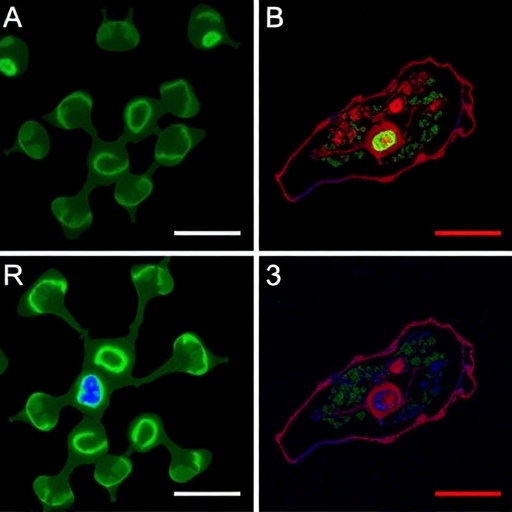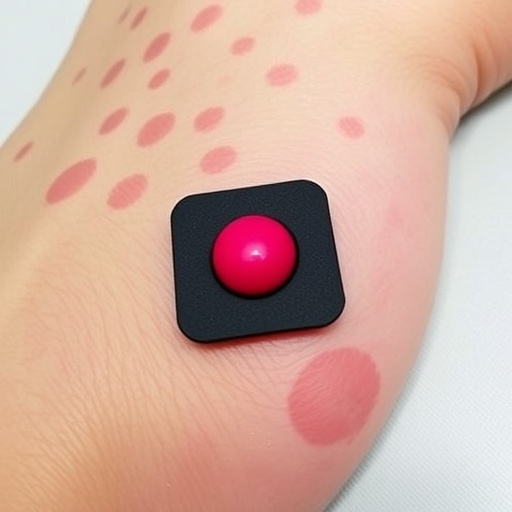The genes interact with histones, proteins that surround DNA, and also with other epigenetic factors. Where the genes are placed in the DNA changes how they’re regulated. So the effect of a gene varies depending on its neighborhood, even though the gene sequence itself is unchanged. That means there isn’t one neat code that can predict gene regulation, said Trey Ideker, the study’s senior author. Ideker heads the Division of Genetics in the UC San Diego School of Medicine.
The study was published Thursday in the journal Cell Reports. Its first author is Menzies Chen of UCSD’s Department of Bioengineering. Researchers inserted the same gene into 90 different places on a yeast chromosome, and examined how it responded in each place.
Epigenetics explains why some attempts to find genetic causes for diseases have failed; the causes may arise in how the gene is controlled. This may lead to better diagnosis and treatments. San Diego-based Ignyta is developing epigenetics tests for rheumatoid arthritis and other autoimmune diseases.
Ignyta’s tests look for patterns in methylation, a different epigenetic process than that examined by Ideker and colleagues. Methylation is the addition of molecules called a methyl group to the genes, silencing them. Removing the methyl group activates the genes. Methylation can be regarded as a binary activity; genes are either active or silenced. But the new research indicates a much more complex and subtle process is also involved. Not only does the position of a gene influence its activity, but different types of genes react differently to their histone “neighbors.”




